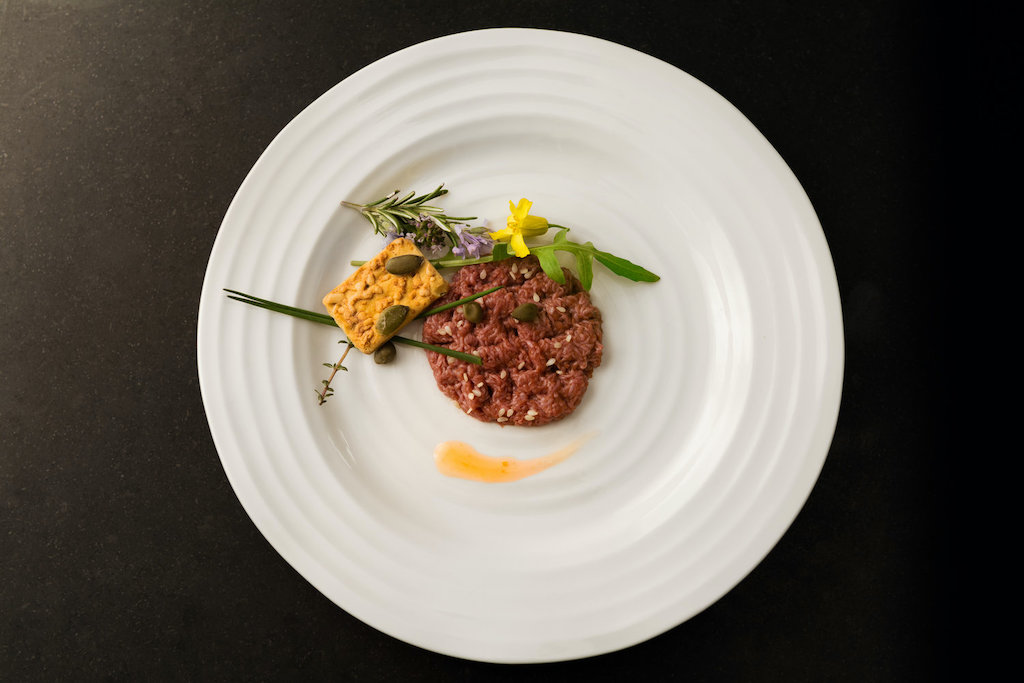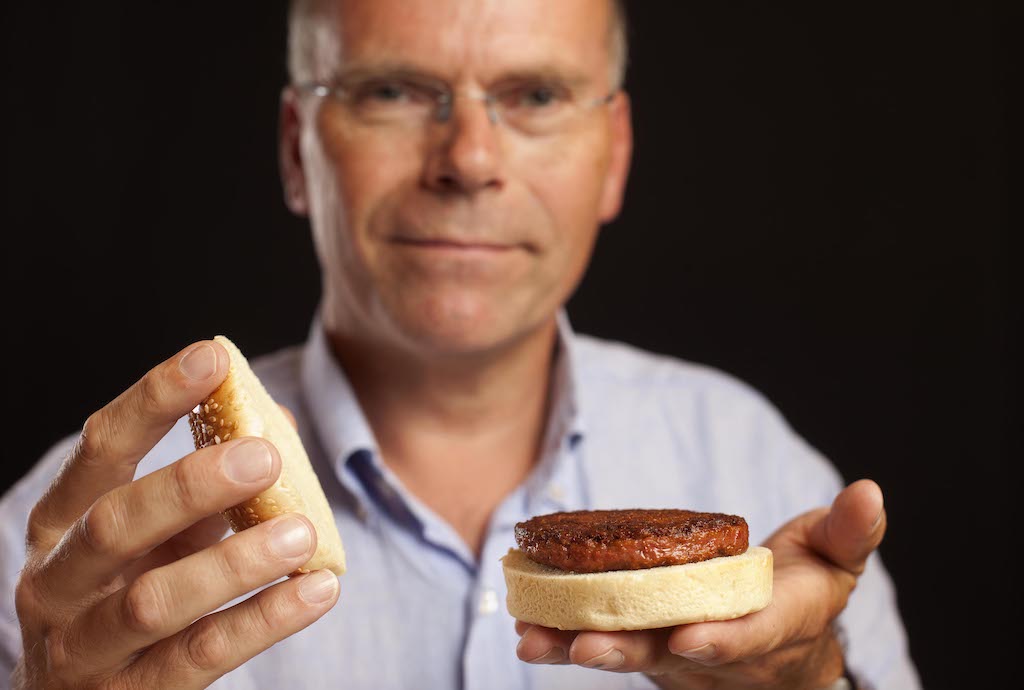Mosa Meat Calls on Governments to Fund Cultivated Meat: ‘Beef Needs a Solution’
3 Mins Read
Cultivated meat pioneer Mosa Meat is urging governments to support the growth of the category to fight climate change.
A new white paper released by Dutch cultivated meat producer Mosa Meat is urging global leaders to redirect funds from conventional beef production toward cell-based meat cultivation as a viable tool in the fight against climate change.
‘Beef needs a solution’
“Beef needs a solution. Industrial meat production continues to accelerate the climate crisis, while the world’s demand for beef is steadily growing,” Maarten Bosch, CEO of Mosa Meat, said in a statement. Animal agriculture accounts for nearly 60 percent of agriculture’s total global emissions. The sector is the second-largest producer of greenhouse gas emissions.
“We are creating an alternative approach to producing real beef. With Mosa Meat’s rapid recent growth, creating the biggest scientific team in the industry and the largest cultivated meat campus in the world, I am very excited for what lies ahead as we help reshape the global food system,” Bosch said.

The new review, entitled Cultivating Meat: The Mosa Approach, describes the recent accomplishments made by the cultivated meat sector and how it can play a positive role in not only mitigating global warming but also food security, preservation of natural resources, and public health.
Mosa Meat was founded after its co-founders, Dr. Mark Post and Peter Verstrate, were the first to unveil cultivated meat in 2013, setting the wheels in motion for a sector that experts say could be worth $25 billion by 2030 following widespread regulatory approval.
“We unveiled the first cultivated beef burger to the world in 2013 and a whole new cultivated meat sector has been developed, creating new value chains and collaborations,” said Bosch. “The next step for our field is to develop industrial and commercial-sized production facilities to maximize the potential impact. We call upon a range of financial, societal, governmental, and scientific institutions to collaborate and further invest into the development of cultivated meat.”
Advancing cultivated meat
Mosa Meat’s report says price parity with conventional meat is critical in the success of the category as is nutritional value and culinary experience. When Mosa unveiled the first cultivated burger in 2013, its production cost was about $330,000. Costs have dropped considerably, with companies saying they can reach price parity with more expensive cuts of conventional meat.

Last January, Mosa Meat announced it had successfully removed the controversial cultivated meat growth medium, fetal bovine serum, without genetically altering cells. It made its science public in the journal Nature Food in an effort to further advance the category.
“For real progress in the protein transition, new solutions are needed to give consumers exactly what they expect from meat,” Mosa Meat says in its review. “The true potential of cultivated meat is that consumers can keep eating the products they love, exactly as they are doing now — and we don’t need to bet on massive global consumer behavioural change to reduce the current negative externalities of meat consumption. This is the primary reason Mosa Meat was founded.”



